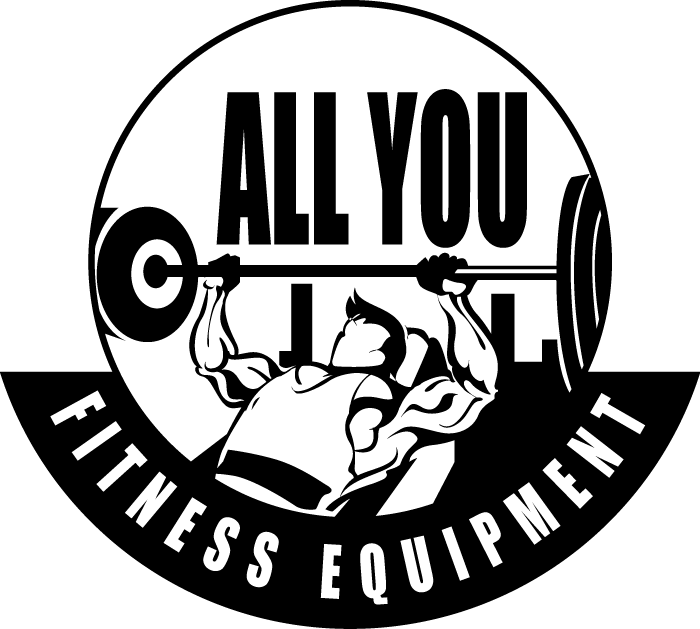Cardiovascular exercise is an incredible way to prevent heart disease and obesity — but how long are you supposed to exercise? The answer typically depends on your goals and current level of fitness.
Exercising on a regular basis for a specific duration of time and then building on that will give you an opportunity to increase your speed and intensity in the long haul.
Every cardio workout should start with a three-to-five minute warm up of low intensity cardio and finish with a three-to-five minute cool-down, where you bring your heart rate back down to normal.
Starters
If you’re not in the best of shape, overweight, or have never tried cardiovascular exercise in the past, start by doing 10 to 20 minutes four or five days a week.
The speed is not crucial in the beginning: the goal is just to increase your heart rate consistently. Any amount of routine exercise will start to positively affect your metabolism and the body’s ability to process blood sugar.
Fat Burning
At times, weight loss, rather than heart health, is the ultimate goal of cardiovascular exercise. If that is your goal, make sure to exercise for at least 15 minutes.
That is the average time it takes for the body to use up your sugar reserves and start burning fat.
Running burns about 100 calories per mile, walking burns half that. There are on average 3,500 calories in one pound of fat, so it is possible to tailor a cardio program around your specific weekly weight loss goals.
Burning Muscle
Some individuals are worried about losing muscle from exercising too much.
A high percentage of individuals don’t need to worry since the body does not begin to burn amino acids (proteins that sometimes come from muscles) until the end of an extreme endurance event, such as a marathon.
Suggested Cardio Length
For those who are not obese nor very out of shape, the American Heart Association (AHA) guidelines call for a minimum of 30 minutes of aerobic physical activity performed at moderate intensity (60-80 percent maximum heart rate) either in one continuous period or in intervals of at least 20-minute durations on most days of the week.
To burn fat and/or lose weight, you should try and increase the length of your cardio workout.
The Diet
What you eat will affect how long you can and should do cardiovascular exercise. A calorie-deficient, low-carbohydrate diet will make running for any length of time a bit hard.
Eating a balanced diet that is high in healthy carbs, such as those found in whole grains, will give you an opportunity to work out for your full goal time.
We suggest you avoid saturated fats and processed sugars that give you very short bursts of energy followed by exhausting and draining crashes.

